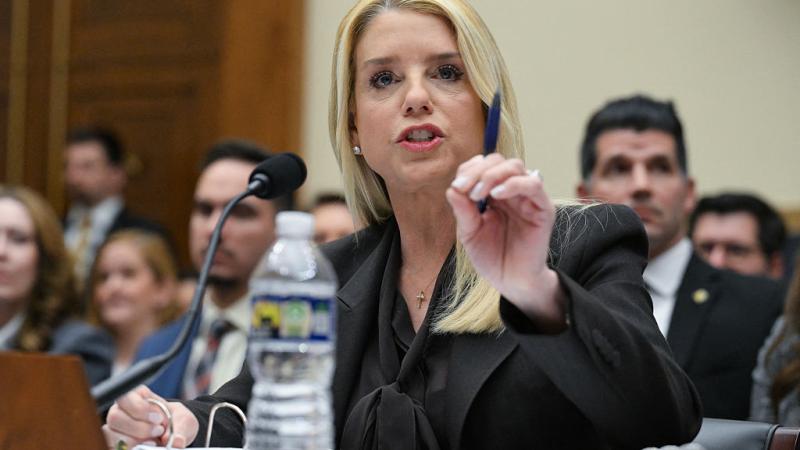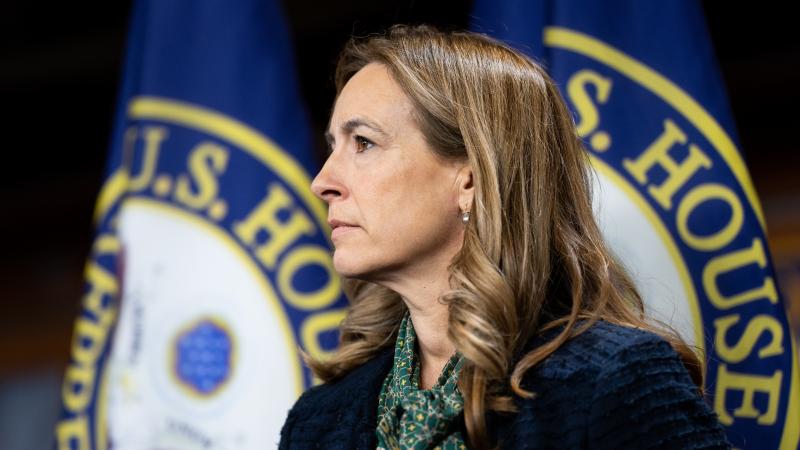Hospitals laying off workers as revenues plummet during pandemic
Many government officials and hospital boards have cancelled all 'elective' procedures.
Many hospitals across the United States are facing massive budgeting shortfalls due to the coronavirus pandemic, with a catastrophic drop in patient volume---and the consequent loss in revenue---leading to worker furloughs, reduced hours and widespread staff dismissals around the country .
The major reduction in patients stems in large part from decisions made by state and local government officials, as well as hospital directors, to curtail or completely halt all "elective" procedures in order to free up hospital space for an anticipated surge of COVID-19 patients. Hospitals in Italy, Spain and elsewhere were overwhelmed by coronavirus patients in recent months, with doctors being forced to ration ventilators and place dying patients in hallway beds for lack of space.
Those images, along with dire epidemiological models from several influential university departments around the world, led policymakers and health officials to force many hospitals to bar all patients except those positive for COVID-19 and those suffering from major emergency trauma. Routine screenings, surgeries and checkups at many health facilities were suspended indefinitely.
Yet those decisions, which were ironically meant to save the healthcare system from total collapse, have instead led to hospitals laying off workers en masse as revenue has cratered due to both a lack of everyday business and, in some cases, even a lack of coronavirus cases.
Reports from New Mexico, South Carolina, Detroit, Tennessee, Kentucky, New York, Illinois, Pennsylvania and elsewhere list hospitals dismissing significant portions of their staff as their rooms empty and their surgery wards fall silent. Becker's Hospital Review said last week that at least 140 hospitals have "furloughed staff in an effort to remain financially stable."
'Everyone was predicting it would be this mass chaos'
Just the News spoke with several nurses from across the country regarding the ongoing layoffs. All of them requested anonymity out of concern that their jobs might be jeopardized by talking to the press. Some doctors have been fired for speaking to media about the conditions inside their hospitals during the pandemic.
One nurse who works in a dermatologist's office in a midwestern health system said officials there began prepping for the surge last month. "We started making changes during the third week in March. We reduced schedules and started seeing just patients who were essential. No routine checkups. No routine skin checks," she said.
"We rescheduled patients that were high risk. Each provider is now down to one day a week in the office. Supportive staff is there as well. It's very, very minimal compared to what usually goes on."
The nurse said that she is not aware of any layoffs in her system, though hours have been significantly reduced across the board. "I've worked sixteen hours in the last month," she said.
She said in the county in which she works, healthcare facilities have been able to manage the number of COVID-19 patients admitted for hospitalization. "I feel like our health system has done a really good job," she said, adding that she believed the healthcare system's response to the coronavirus threat was appropriate "because of all the unknowns."
Another nurse, who requested that not even her hospital's rough location be divulged, also said things have been relatively quiet at her facility. As with the midwestern nurse, she said the changes at her hospital began in March.
"It was kind of abrupt," she said. "I was working on the pediatric floor and it was my understanding that they actually shifted patients off our floor and dispersed or discharged them. They closed down the pediatric unit and we were told that it would be indefinitely closed to provide extra space and extra rooms for COVID patients."
The nurses in that division, she said, were set somewhat adrift in the hospital. "We were kind of just floating around everywhere. Same day surgery was affected as well. Anything not considered urgent was getting shut down so they could have extra beds if necessary and medical staff could be dispersed elsewhere," she said.
"It’s the oddest thing. Everyone was kind of predicting it would be this mass chaos and it’s been really quiet and really slow up until like two weeks ago," she added, saying that though her hospital has seen an influx in COVID-19 patients, "they still have plenty of beds."
She said at the start of the change-over, nurses were given the option to either maintain their work hours but essentially function as on-call nurses for COVID-19 patients, or else remain in a more normal setup but with no hours guaranteed.
"They’re doing a pretty good job of giving medical staff options on working. If you want to work, they’ll find a place for you to go," she said of the hospital administration
Other healthcare systems haven't been so lucky. Munson Healthcare in Michigan announced yesterday that it would be laying off a portion of its staff, citing losses of as much as $10 million per month during the pandemic. In Jacksboro, Texas, meanwhile, Faith Community Health System is furloughing, reassigning or cutting the hours of fully three-quarters of its staff. "Where larger hospitals might have the ability to sustain that loss of revenue, rural hospitals just don't. It has hit us faster and harder," the system's CEO told The Dallas Morning News.
This economic disruption will likely persist as long as the pandemic does, or at least as long as officials continue restricting routine hospital procedures. Though even as those are lifted, patients may for some time be hesitant to return to hospitals that, fairly or not, have come to be seen as viral hotspots during the epidemic.
The nurse at the midwestern system said things are beginning to relax there.
"We're to get back to normal," she said. "We did get the green light to gradually increase our patient load and start seeing non-critical patients, the ones that really need to be seen. We are next week going to start seeing our routine patients."
"But we’re also cognizant of keeping our numbers lower while social distancing is in place."
















